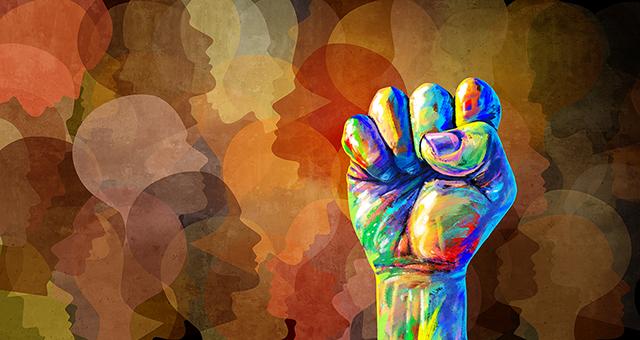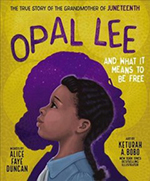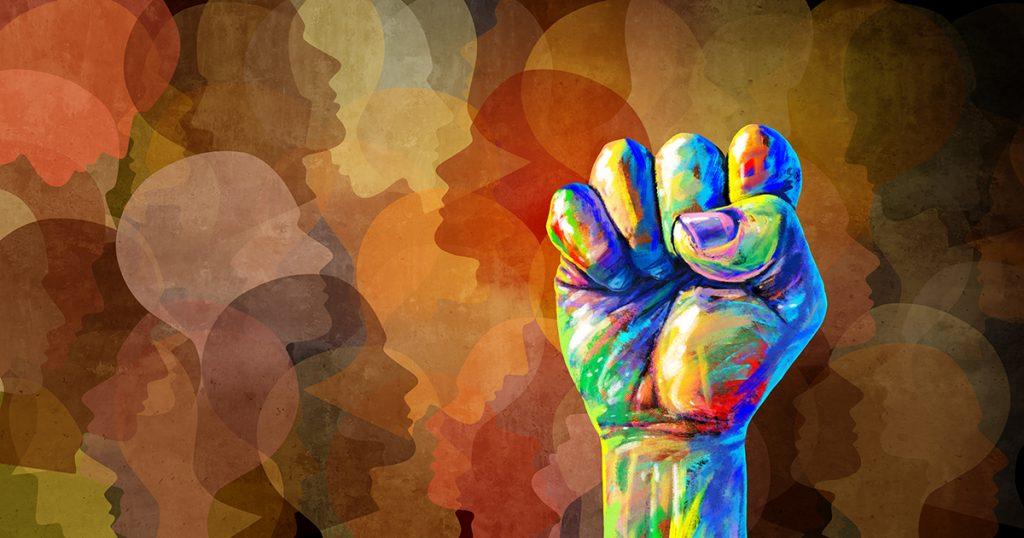
June 19th is Juneteenth, a day set aside to commemorate the day Texas slaves first learned about emancipation. More than two years after President Lincoln signed the emancipation proclamation! Union army general Gordon Granger made the announcement in Galveston on June 19, 1865. His announcement made Texas the last state to hear the news. Juneteenth is a crucial piece of the complex series of announcements, documents, and events that lead to the passage of the 13th amendment.
Neither slavery nor involuntary servitude, except as a punishment for crime whereof the party shall have been duly convicted, shall exist within the United States, or any place subject to their jurisdiction.
Juneteenth National Independence Day is a United States federal holiday. It was signed into law by President Joe Biden on Thursday June 17, 2021. Listen to Opal Lee, the activist known as the “Grandmother of Juneteenth,” reflect on her efforts that are credited with the day being officially recognized. In 2017 at the age of 89 Lee walked from Fort Worth to Washington D.C. to call attention to her quest. To learn more about Opal check out Opal Lee and What It Means To Be Free.
Annual Indy Book Fest & Juneteenth Celebration
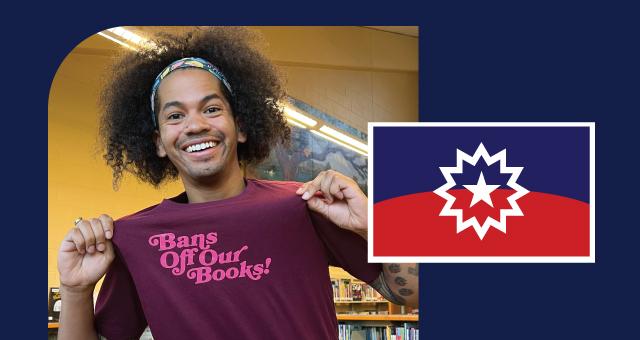
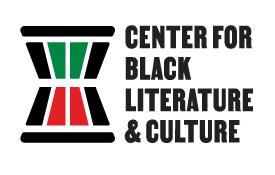
The Center for Black Literature & Culture (CBLC) hosted an annual Juneteenth celebration at Central Library. The event took place Saturday, June 14.
This year’s presentation, called Liberating Minds: African American Literature and Libraries, included a wonderful selection of local authors, the Musical sounds of Nu Destiny Christian Church Choir, exciting drop-in kids’ activities, and more!
Our featured speaker was librarian Mychal Threets who says “Library joy and book joy are what I’m all about. We all belong in our libraries!” Mychal joined us in a conversation moderated by Ashley C. Ford.
Remembering the History of Emancipation
In the NPR interview What the Emancipation Proclamation Didn’t Do, Lonnie Bunch III, founding director of the Smithsonian’s National Museum of African-American History, said the following about remembering the history of emancipation:
“Well, I think that on a very specific notion, I would love people to realize that African-Americans were agents in their own liberty. I think that that’s an important piece, rather than simply the notion, if you look at the movie “Lincoln,” it seems as if Lincoln freed the slaves, rather than it’s part of a complicated nuanced puzzle that led to emancipation.
But, I think the other part that’s so important to me about this moment is this is a moment for Americans to remember that you can believe in a change that you can’t see. That the Emancipation Proclamation, slavery was something that everybody knew was going to exist forever except for a few fanaticals. But suddenly the Emancipation Proclamation began America on a trajectory that ultimately led to a fundamental change in citizenship and equality. And so what I hope is that people would realize that they have a right to demand and effect change because change is possible in this country.”
Learn more about Juneteenth
Watch:
- Our streaming service called Kanopy has a curated collection of films that commemorate Juneteenth. If you have never borrowed from Kanopy before directions and a video tutorial are available.
- Watch the online exhibition Slavery & Freedom from the Smithsonian’s National Museum of African-American History. It highlights stories behind some of the museum’s most compelling objects.
- Blacks and the Vote This online discussion from the CBLC includes the importance of voting, inspired poetry from local performers, and a moderated panel discussion about what voting means in today’s America.
Listen:
- PBS Podcast: What the Emancipation Proclamation Didn’t Do
- The New York Times: ‘1619,’ a Podcast
Read:
- National Museum of African American History & Culture: The Historical Legacy of Juneteenth
- The New York Times: So You Want to Learn about Juneteenth?
- PBS: The African Americans, One More River to Cross – What is Juneteeth?
- Black and Bookish: 10 Books to Celebrate Juneteenth No Matter Your Age
- IndyPL Booklist: It’s All Different Now: Books for Kids to Celebrate Juneteenth
Take a Deeper Dive:
- National Museum of African American History & Culture: Curated List of Resources
- Juneteenth: Creating Legacy in Contested Places – Schomburg Center for Research in Black Culture
- Prairie View A & M University John B. Coleman Library: Virtual Juneteenth Celebration
- The New York Times 1619 Project is a collection of writing about how slavery and its legacy still shape the U.S. today. If you are not a subscriber, you can get free access to the New York Times with your IndyPL library card.
The Juneteenth Table: Putting the Twist on Tradition
Celebrate Juneteenth with culinary creations, both traditional and modern! Each title contains recipes that call back to African heritage, African-American history, and long-held traditions of eating red foods for health, happiness, and celebration. Add something new to your Juneteenth table with these delicious offerings below. Happy Cooking!
